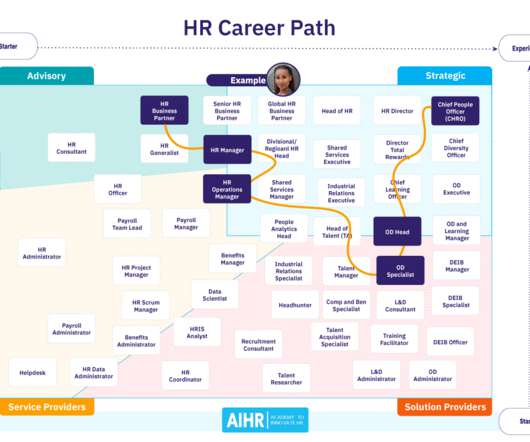Filling The Gaps During A Recession
Chief Executive
FEBRUARY 10, 2023
If you’re short-staffed in an area like payroll, for instance, you can end up with problems that impact your company in significant ways. If you’re in finance, you may start falling behind on accounts payable or other critical tasks. When you’re short-staffed, tasks are bound to fall through the cracks.











Let's personalize your content